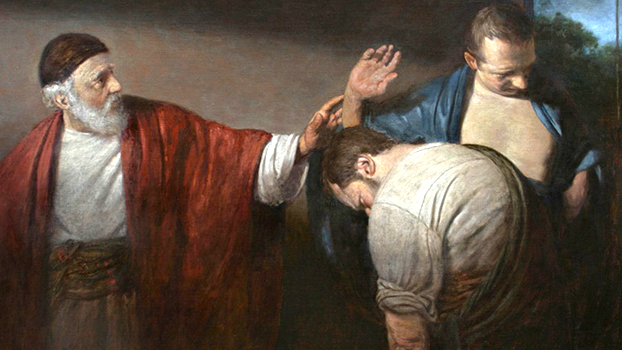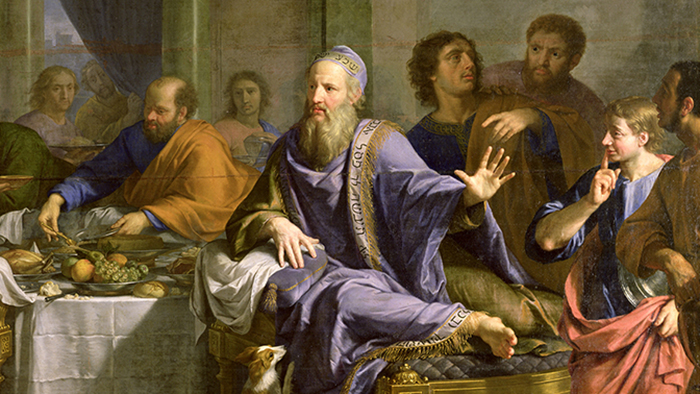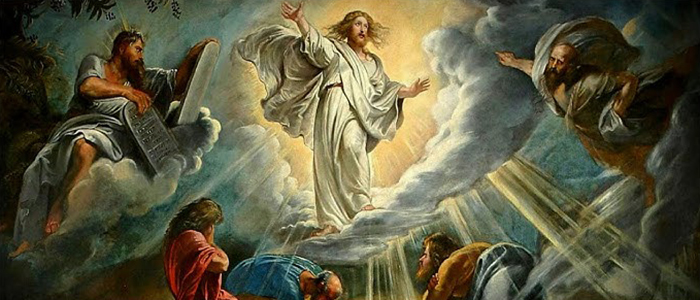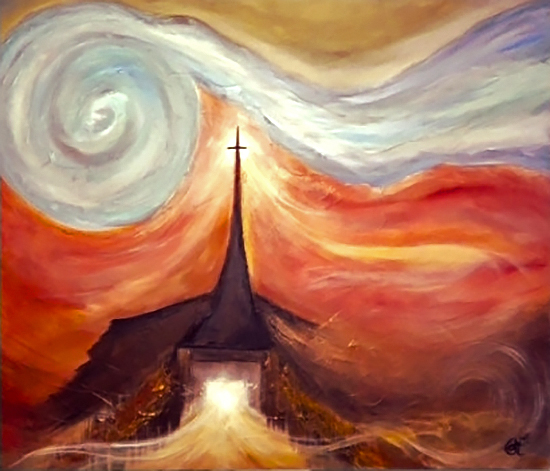
Fr. Ron Rolheiser writes about a recent series of lectures he gave when confronted by a rather angry man who accused him of being soft on hell, God’s judgment, and God’s justice: “I cannot accept what you say. There is so much evil in the world and so many people are suffering from other people’s sins that there must be, after this life, some retribution, some justice. Don’t tell me that all these people who are doing these things—from molesting children to ignoring all morality—are going to be in heaven when we get there! What does that say about God’s justice?” His lament is, in fact, quite an old one. The prophet Isaiah had the same kind of wish (Isaiah 61:2). For him, it was not enough that the Messiah should usher in a time of peace and freedom for good people. Along with rewards for the good, he felt, there needed to be too a “day of vengeance” on the bad. Interestingly, in a curious omission, when Jesus quotes this text to define his own ministry, he leaves out the part about vengeance (Luke 4:18). To my mind, this desire for justice (as we call it) is, at its root, unhealthy and speaks volumes about the bitterness within our own lives. All these worries that somebody might be getting away with something and all these wishes that God better be an exacting judge suggest that we, like the older brother of the prodigal son, might be doing things right, but real love, forgiveness, and celebration have long gone out of our hearts. We are bitter as slaves and are quite outside the circle of the dance. This is one of the best descriptions of God ever written. I often meditate on it, and, to be honest, most times, it makes for a painful meditation. Far from basking in gratitude in the beautiful symphony of relaxed, measureless love and infinite forgiveness that makes up heaven, I feel instead the bitterness, self-pity, anger, and incapacity to let go and dance that was felt by the older brother of the prodigal son. To be fit for heaven, we must let go of our bitterness. Like the older brother, our problem is ultimately not the excessive love that is seemingly shown to someone else. Our problem is that we have never fully heard or understood God’s words: “My child, you have always been with me and all I have is yours, but we, you and I, should be happy and dance because your younger brother who was dead has come back to life!”









